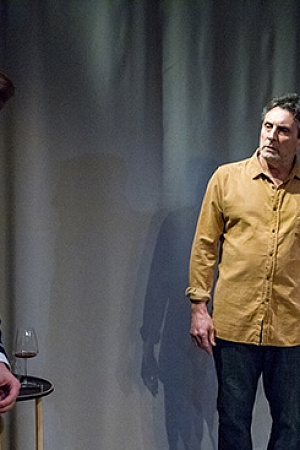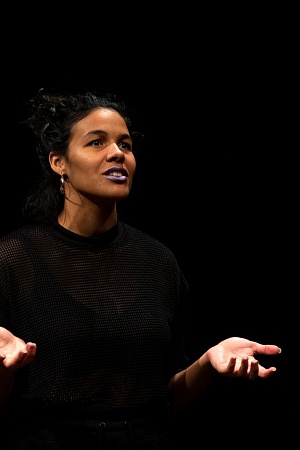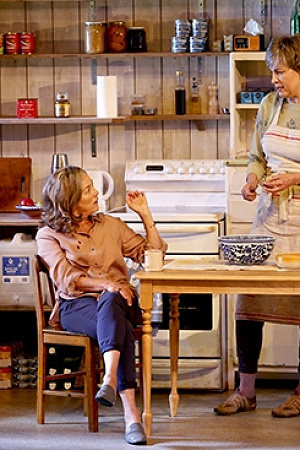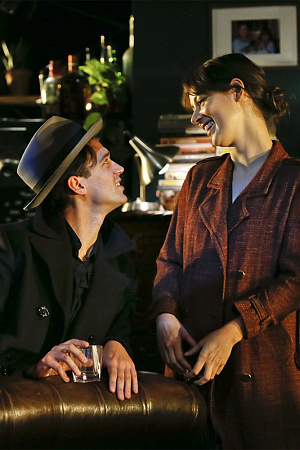Three Little Words (Melbourne Theatre Company) ★★
There is something more than a little ersatz about Three Little Words, the latest play by Joanna Murray-Smith. It has all the usual parts, but it doesn’t feel like a real play.
It opens – you’ll never guess – in a suburban living room. Tess and Curtis (Catherine McClements and Peter Houghton), a convivial middle-aged couple, are celebrating their twentieth wedding anniversary. To celebrate this auspicious landmark, they’ve decided to get a divorce. Tess, it seems, has had enough. She still loves Curtis, but she finds him a bit of a bore. She wants more from life. More of what exactly she does not know. It’s just a feeling, a ‘yearning’. Curtis is quietly heartbroken but goes along with the plan because – well, why not? He is sensitive to a fault and determined to support his wife in everything. Even their teenage daughter (never seen) is cool with it.
Continue reading for only $10 per month. Subscribe and gain full access to Australian Book Review. Already a subscriber? Sign in. If you need assistance, feel free to contact us.











Comments (2)
Leave a comment
If you are an ABR subscriber, you will need to sign in to post a comment.
If you have forgotten your sign in details, or if you receive an error message when trying to submit your comment, please email your comment (and the name of the article to which it relates) to ABR Comments. We will review your comment and, subject to approval, we will post it under your name.
Please note that all comments must be approved by ABR and comply with our Terms & Conditions.